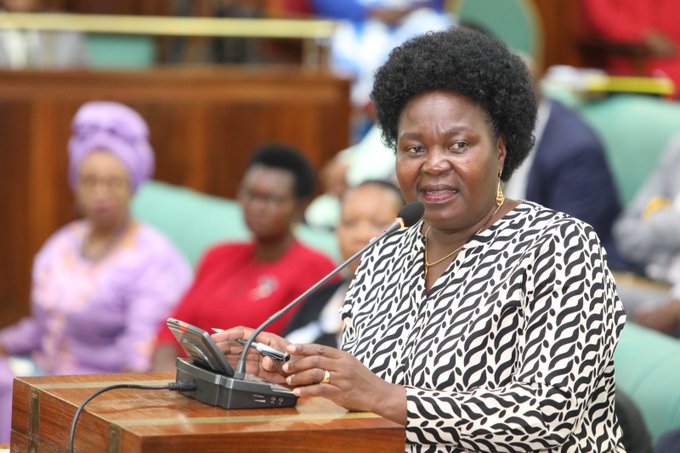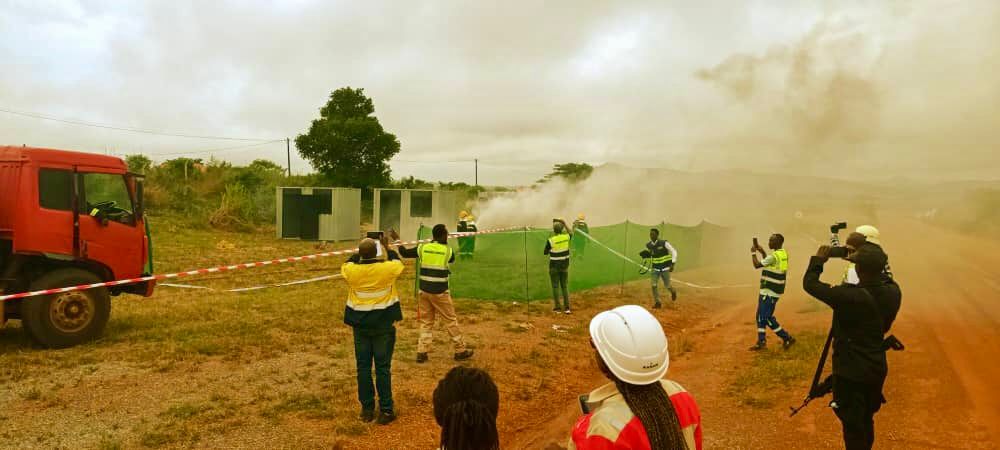Government promises cheap electricity after launch of Karuna Dam
Nankabirwa said Uganda is further committed to completing a number of small electricity generation plants such as Nyagak III (6.6MW) and Muzizi HPP (48MW) that are under construction.

Government expects to have the generation capacity of electricity increase to 2,000 MW by the time the 600MW Karuma Hydropower Plant is fully commissioned.
The minister didn’t reveal when Karuma will be commissioned. The commissioning of Karuma has over the years been rescheduled. It expected that it will be commissioned in 2024.
This was highlighted by Ruth Nankabirwa Ssentamu, the minister in charge of energy and mineral development, while launching the forthcoming energy week.
The energy week is organized as part of the ministry’s campaigns to encourage the sustainable utilization of energy and minerals in Uganda.
Nankabirwa said Uganda is further committed to completing a number of small electricity generation plants such as Nyagak III (6.6MW) and Muzizi HPP (48MW) that are under construction.
Additionally, she highlighted that, “how in the medium and long term, Government will develop the large and small hydro power projects including Ayago (840MW), Oriang (392MW), Kiba (400MW), geothermal resources is estimated to have electricity generation potential of 450MW, Nuclear, Solar and Wind. etc in pursuit of our vision 2040 goals,”
Prior to 16th November when the energy week will commence, Nankabirwa highlighted that The Energy Efficiency and Electric Mobility Conference will be held, which will bring together stakeholders including development patterns, civil society organizations, private sector, academicians and government.
Revealing statistics on Uganda’s electricity access rate, the minister explained that it currently stands at 58% with the total Grid Connections having reached 1,978,356 connections.
She added as government their target is to make sure that every household has access to electricity by 2030.
“Government is expanding the power transmission infrastructure through the construction of several high voltage transmission lines and associated substations,”
According to government, as part of the Energy Transition Plan, electricity will play a central role in shaping and defining the energy mix.
The plan will provide a path for achieving Uganda’s energy related goals while aiming for a transition to a low carbon and climate-resilient economy in line with the Paris Agreement and Uganda’s Nationally Determined Contribution.
To date, government in partnership with the private sector and development partners has constructed 26 mini grids that are supplying electricity to clusters of consumers both on the islands and the main land.







